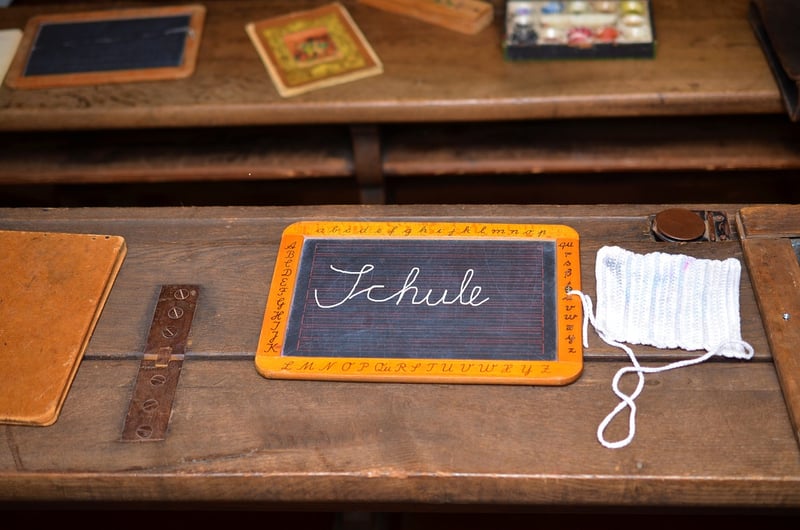Local Etiquette
Mastering Your Travel Plans: Tips for Planning Like a Pro

Traveling can be a thrilling adventure, but it requires meticulous planning to ensure a smooth journey. Whether you're a seasoned traveler or embarking on your first trip, mastering the art of planning can make all the difference. Here are some expert tips to help you plan like a pro:
1. Research and Prepare
Before you pack your bags, research your destination thoroughly. Learn about the local culture, language, currency, and customs. Make a list of must-visit attractions, local cuisines to try, and any events happening during your stay.
2. Create an Itinerary
Outline a detailed itinerary that includes your accommodation details, transportation arrangements, sightseeing plans, and reservations. Organizing your schedule in advance will save you time and ensure you don't miss out on any experiences.
3. Pack Wisely
Avoid overpacking by creating a packing list based on the activities you have planned. Check the weather forecast for your destination and pack appropriate clothing. Remember to leave room for souvenirs!
4. Stay Organized
Keep all your travel documents, such as passports, tickets, and insurance papers, in a secure and easily accessible location. Utilize travel apps to store digital copies of important documents for added security.
5. Be Flexible
While it's essential to have a well-thought-out plan, be open to unexpected opportunities or changes. Embrace spontaneity and allow room for impromptu adventures that can make your trip even more memorable.
Understanding Local Etiquette: A Guide to Cultural Sensitivity

Respecting local customs and etiquette is crucial when traveling to a new destination. Every culture has its own set of norms and traditions, and being aware of these can help you navigate social interactions smoothly. Here are some essential tips for understanding and following local etiquette:
1. Greetings and Gestures
Learn how locals greet each other and use appropriate gestures. In some cultures, a handshake may be the standard greeting, while in others, a bow or a kiss on the cheek may be more common. Always observe and follow the local customs.
2. Dress Code
Respect the dress code of the country you are visiting, especially when visiting religious sites or attending formal events. Dress modestly and avoid clothing that may be considered offensive or inappropriate in the local culture.
3. Dining Etiquette
Be mindful of dining customs, such as how to use utensils, whether to tip, and how to address your hosts. Familiarize yourself with the local dining etiquette to avoid unintentional faux pas and show respect for the local traditions.
4. Language and Communication
Learn a few basic phrases in the local language to show respect for the culture and make communication easier. Use simple greetings, thank-yous, and polite phrases to connect with locals and enhance your travel experience.
5. Cultural Sensitivity
Above all, approach each interaction with an open mind and a willingness to learn. Be respectful of local customs, traditions, and beliefs, even if they differ from your own. Embrace cultural differences as an opportunity for growth and understanding.
By incorporating these tips into your travel planning and embracing local etiquette, you can enrich your travel experiences and create lasting memories wherever your adventures take you.
